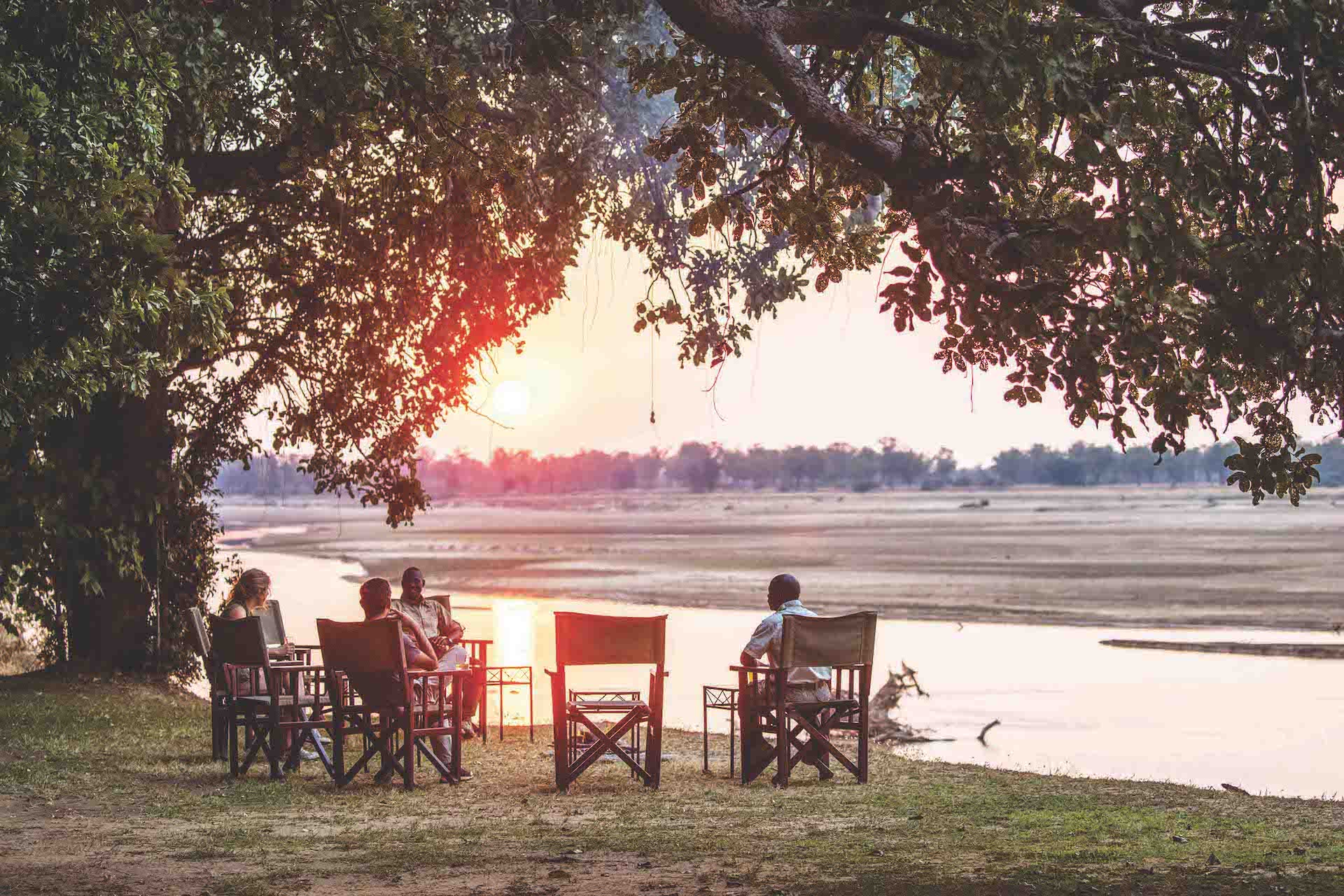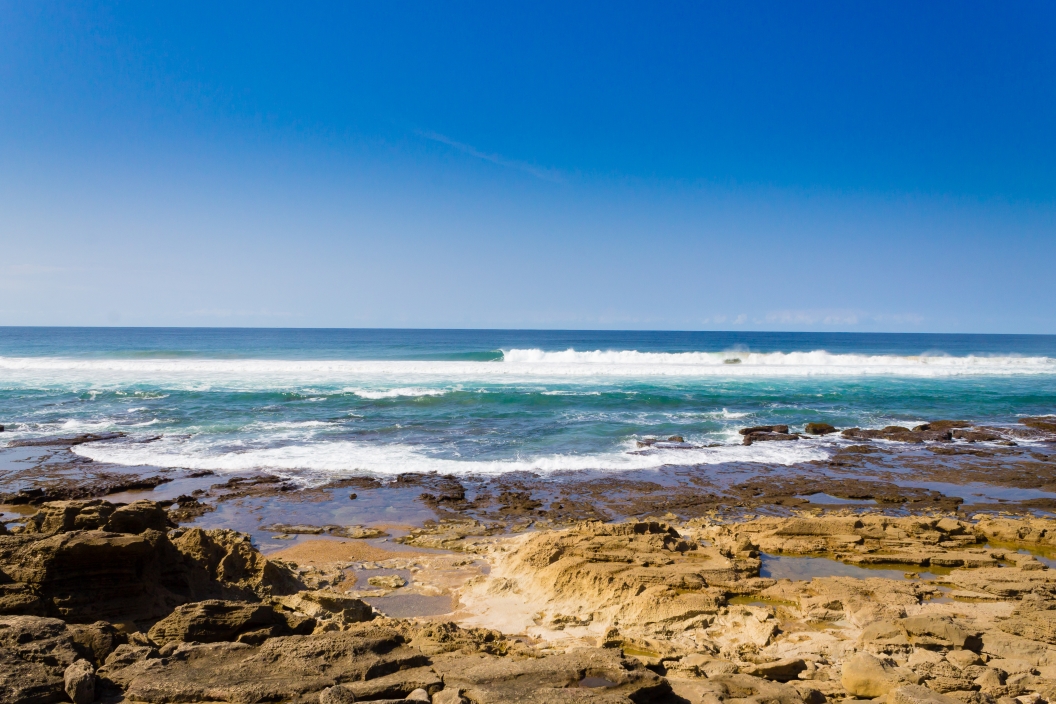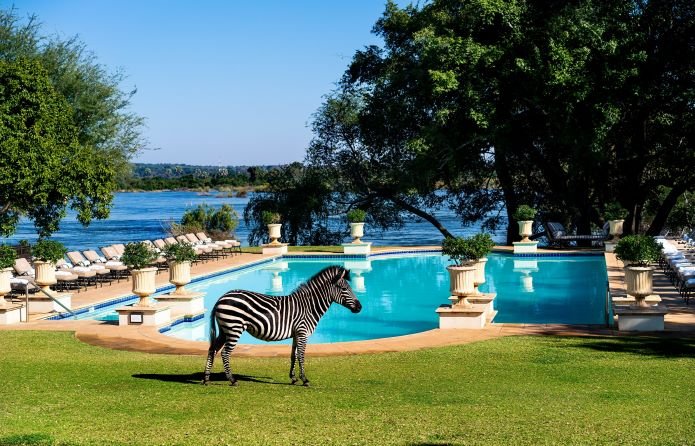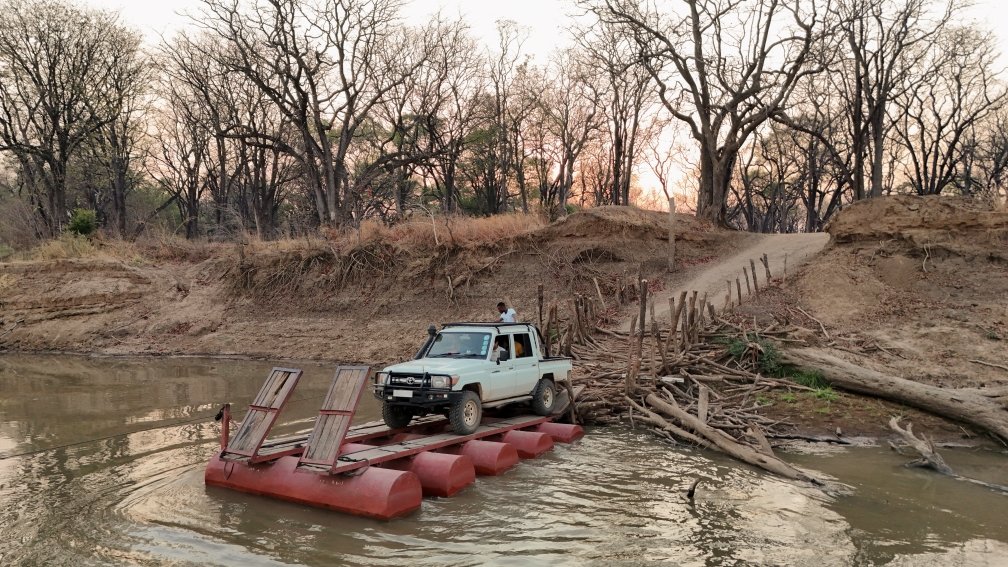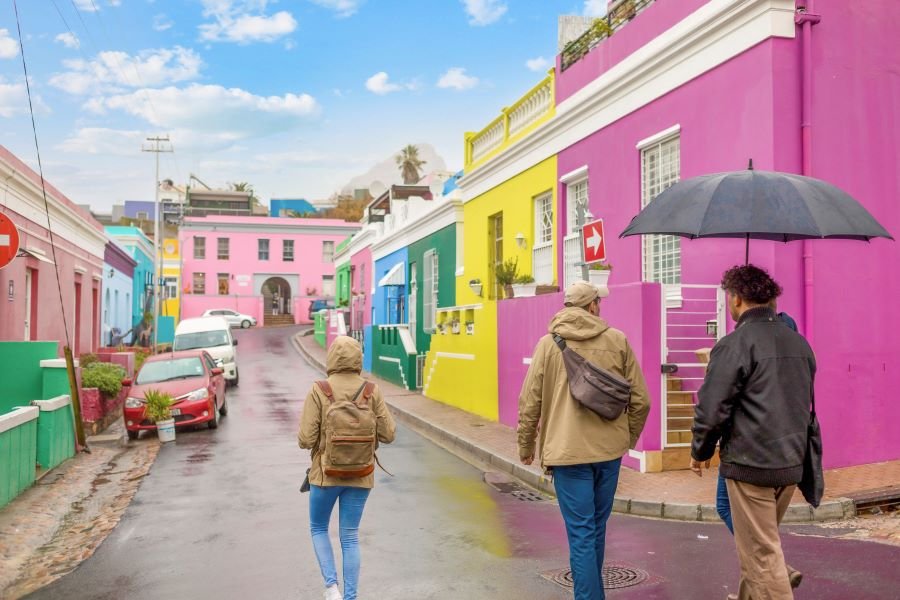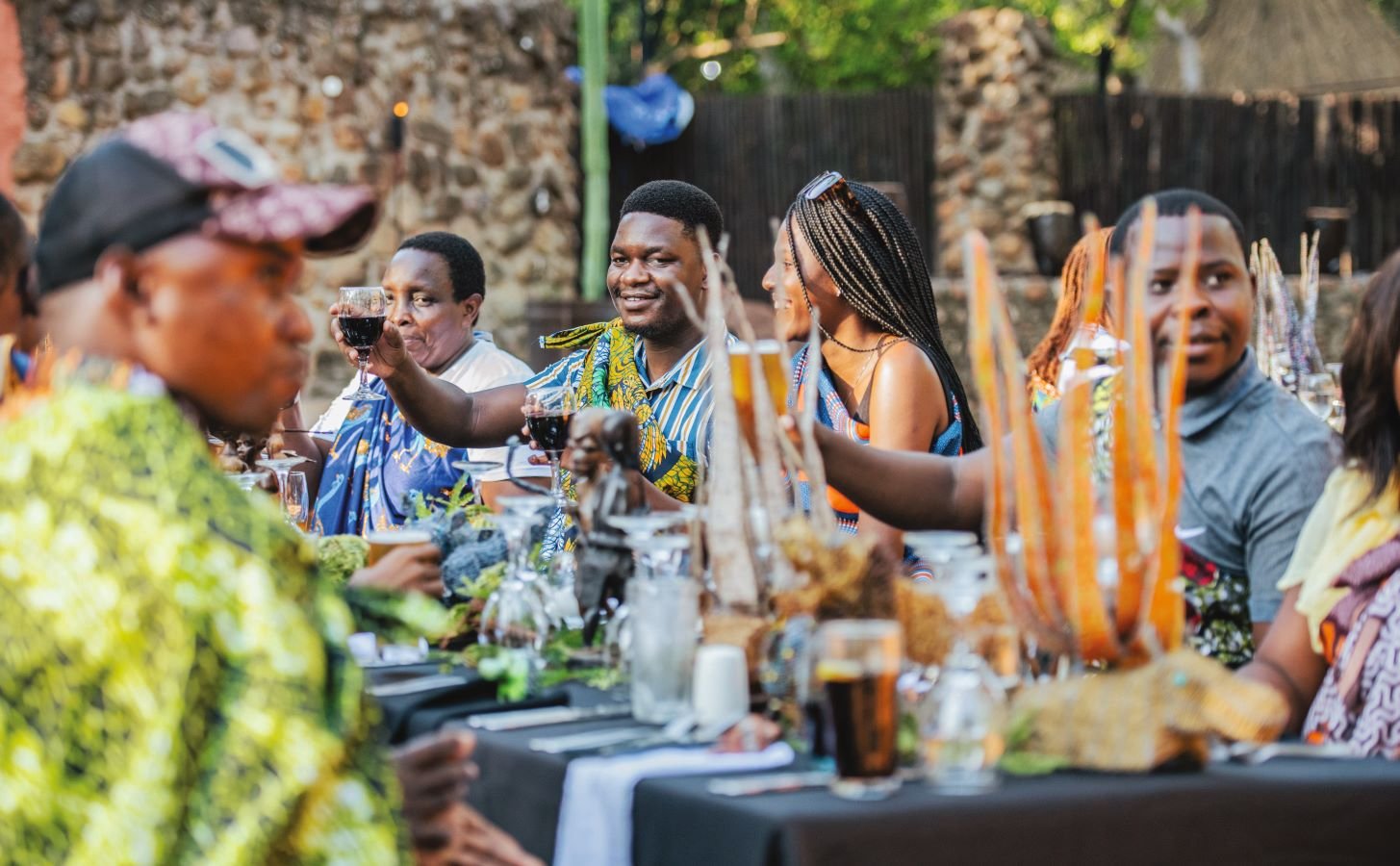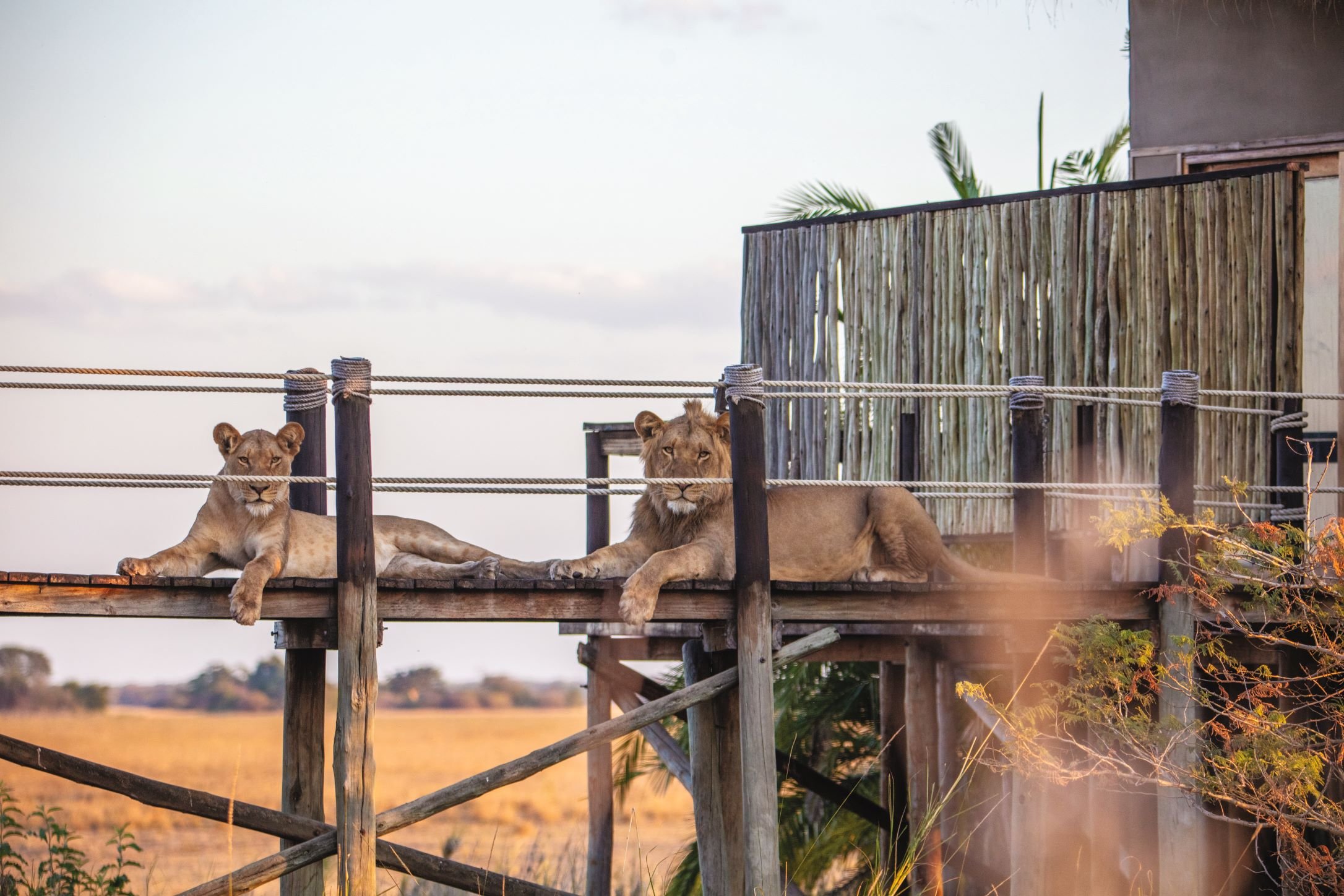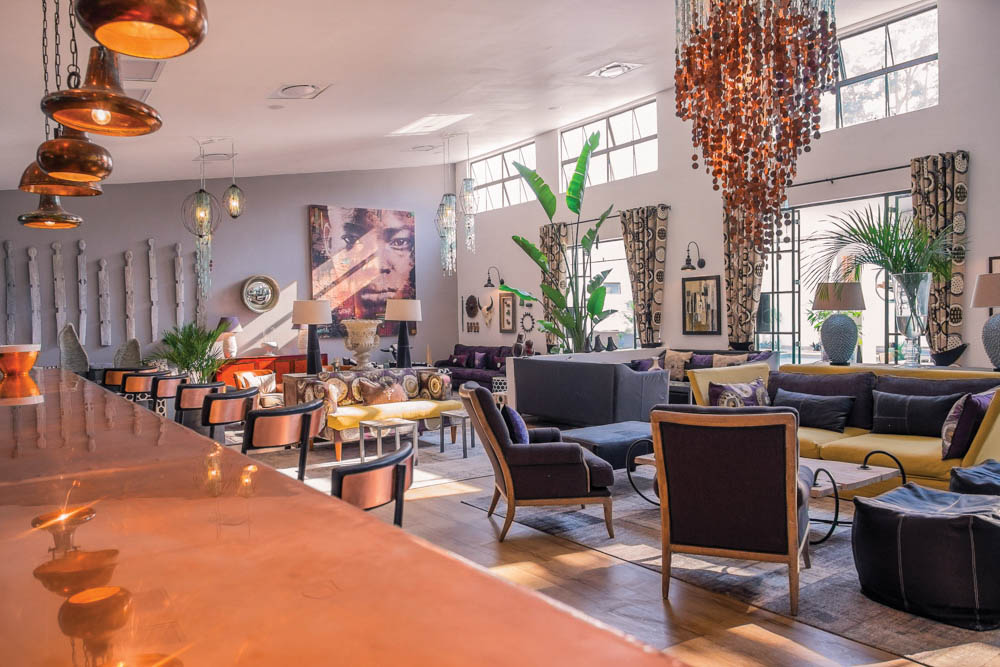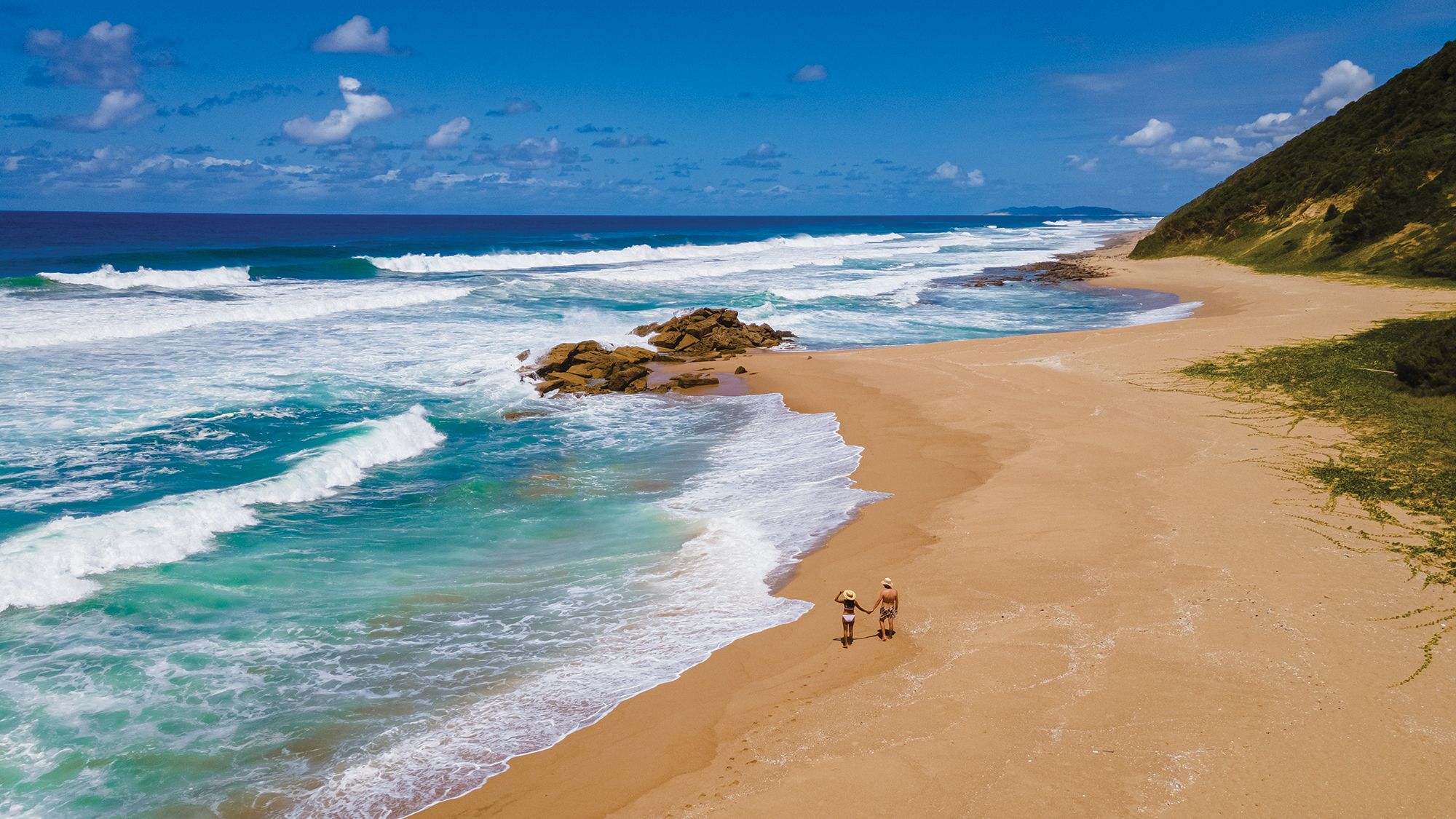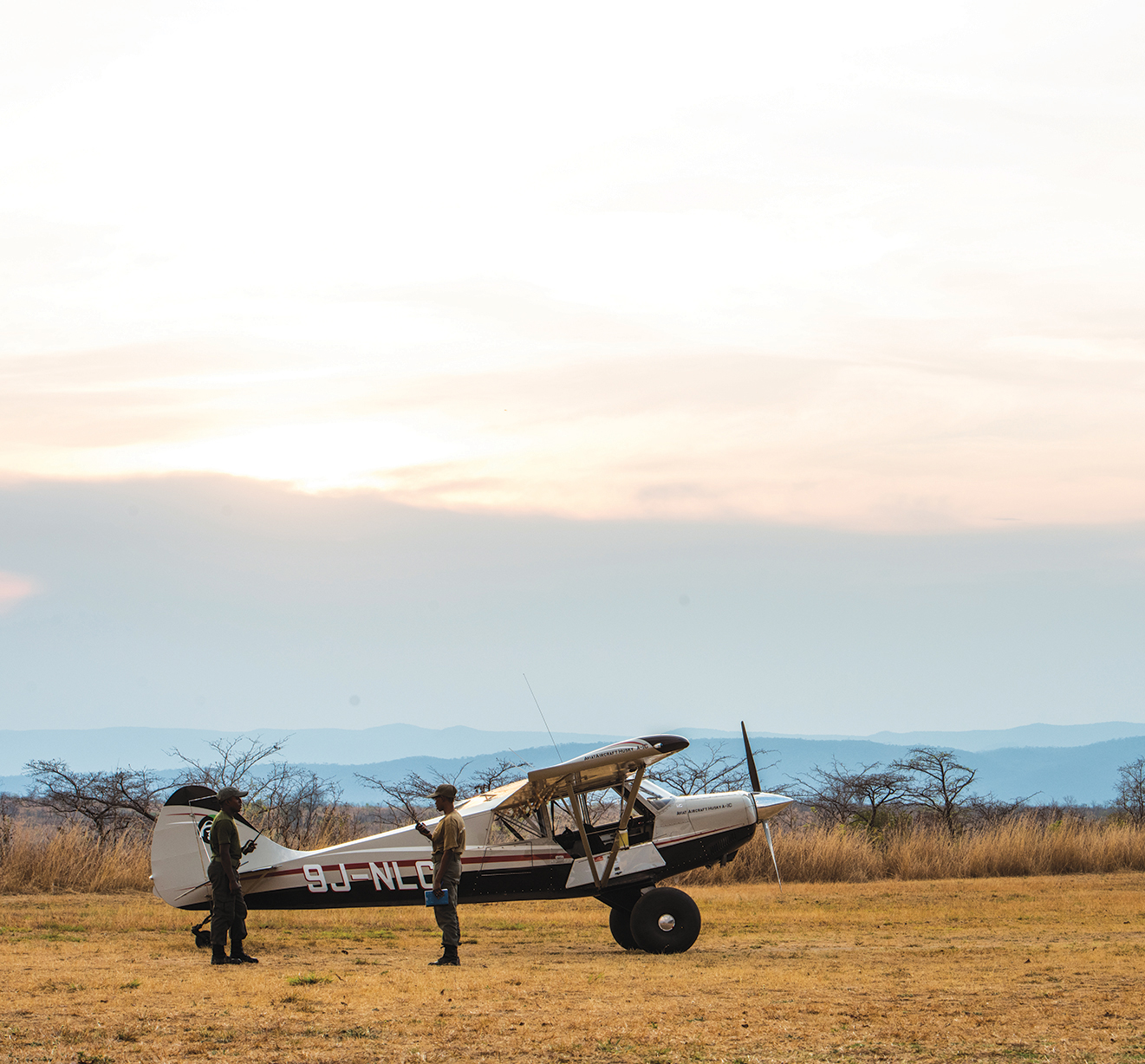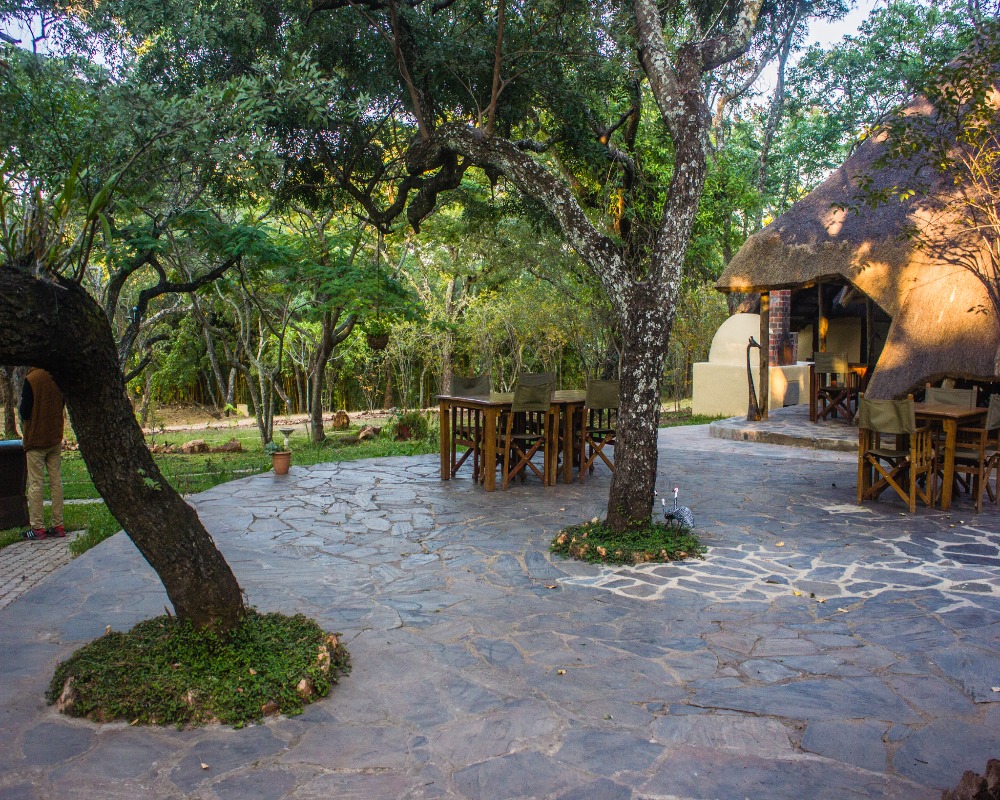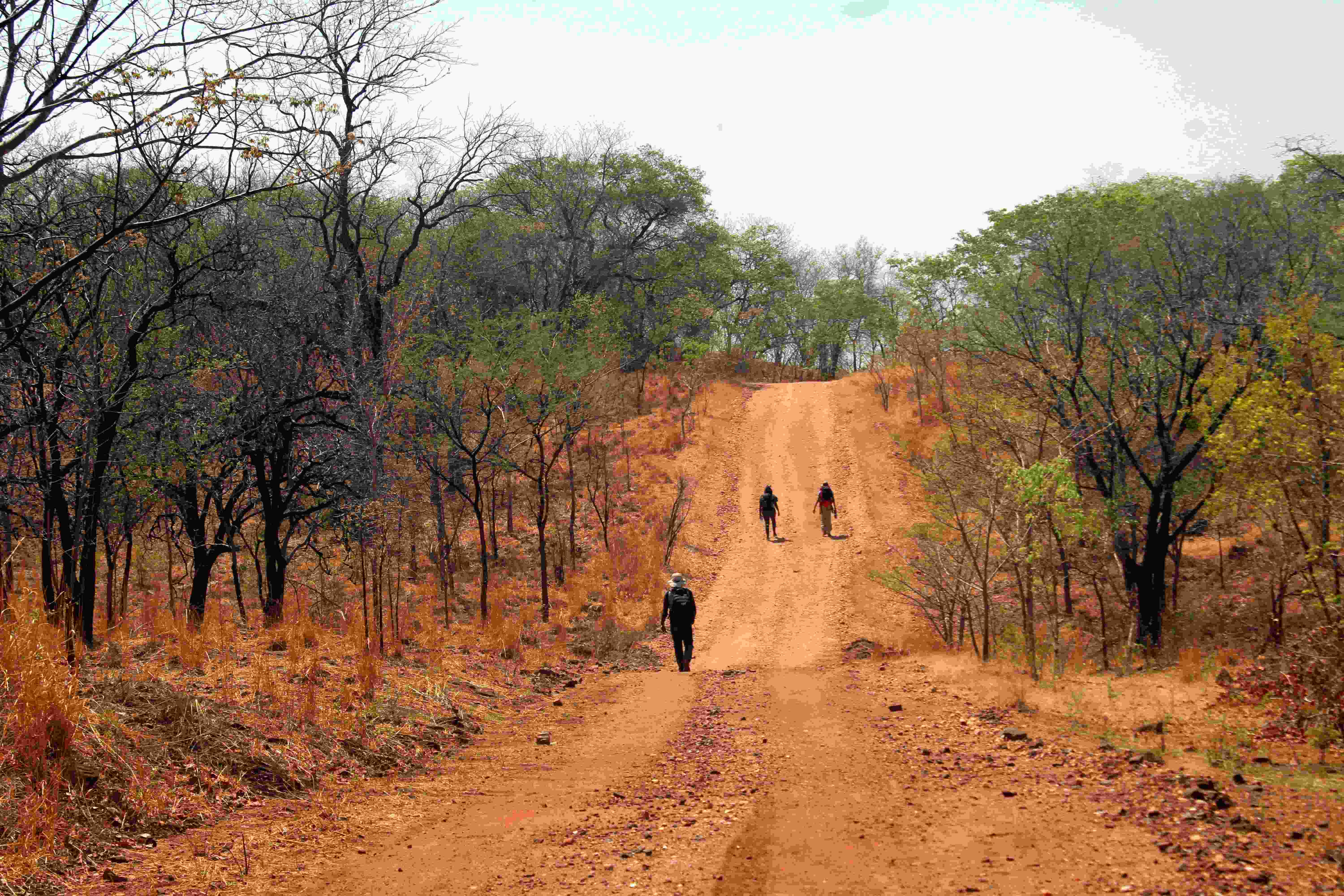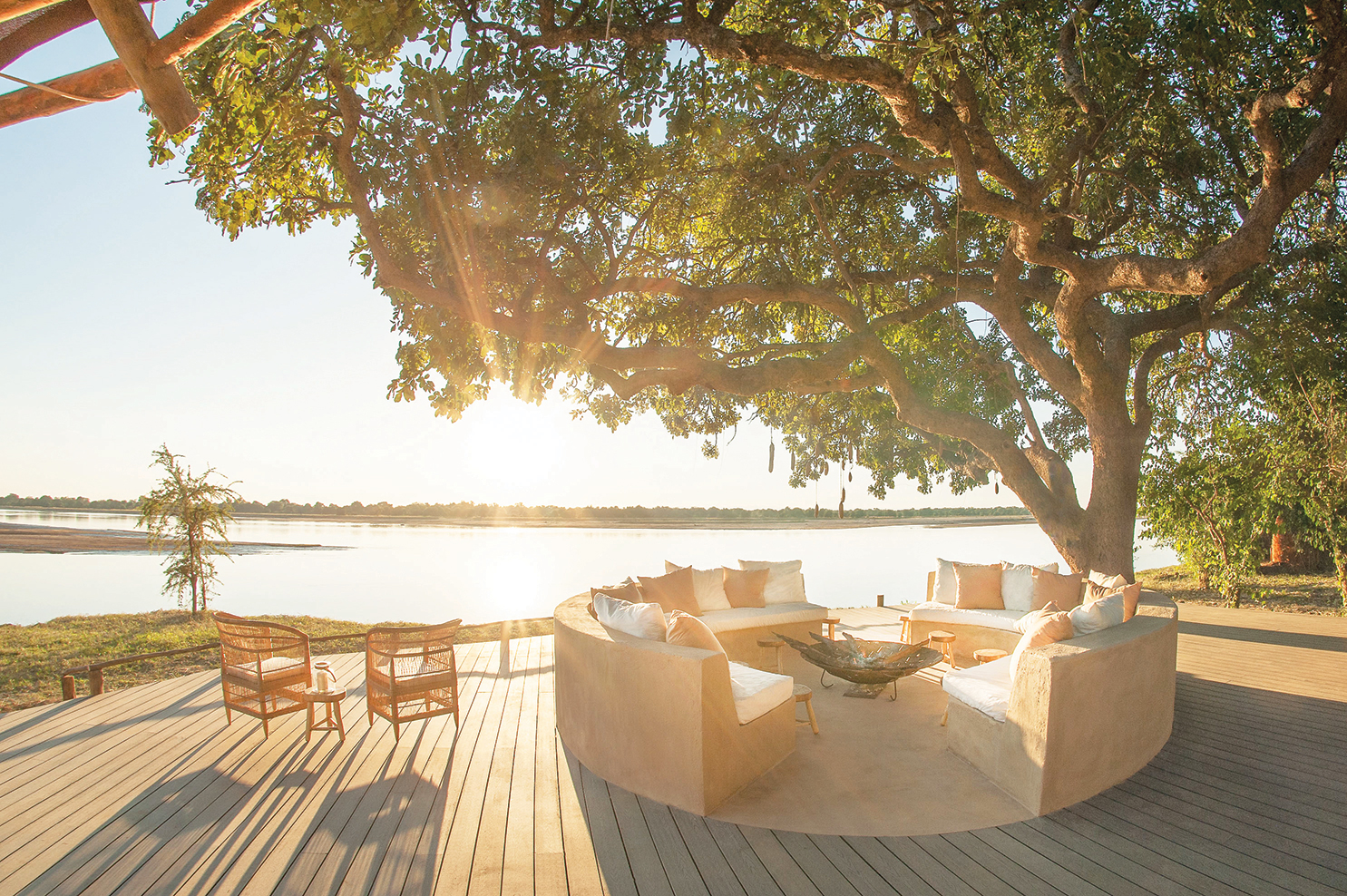All Remote Africa bush camps are nestled in secluded and far reaching areas of Zambia’s Luangwa Valley. Tafika Camp is no exception and its location north of the Nsefu sector, makes it ideal for those who enjoy the serenity of the bush.
Tafika is home to the Coppinger family and it is where their daughters were raised, together with a host of orphan animals from elephants to squirrels. It is into this homely atmosphere that guests, many of them regulars, are welcomed. Many of the staff have also lived and worked here for years.

Nestled under the canopy of giant leadwood and mahogany trees, the camp provides stunning views of the river affording ample opportunity to watch elephants crossing, hippos wallowing and kingfishers patiently pursuing their prey. Lions are often seen strolling across the beach in perfect view of the breakfast fire – so yes, bring your binos to breakfast!
For those seeking a more active morning, head out on foot for a walking safari along natural animal trails and track the early morning spoor of a buffalo herd or the lions that you saw at breakfast. For those who prefer to be at eye level with the elephants, hop onto a game drive and cruise at a leisurely pace along the river, the extensive Mtanda Plain or go inland to the salt pan – a green mirage against its sienna surroundings.

The open top vehicles allow for unobstructed views and amazing photographic opportunities of the Luangwa’s abundant animal and bird life. With such a wild range of habitats, enjoy seeing species such as Crawshay’s zebra, the endemic Thornicroft’s giraffe and Cookson’s wildebeest, elephant, buffalo in their hundreds, lion, leopard and wild dog. With the highest population of wild dog in Zambia, the chance of seeing these endangered predators is constantly improving.
All activities are led by experienced guides with in depth local knowledge of the surrounding ecology and wildlife. Most of Remote Africa’s guides are from the local community, have been trained in-house and all have been with the company for many years – they have over 150 years combined guiding experience in the Luangwa.

After morning adventures, retire to the shade of camp where a delicious three course meal awaits. All of the meals include fresh vegetables and fruit from the camp gardens. There is an abundance of fresh greens, freshly baked bread and irresistible sweet treats.
Choosing a quiet spot to enjoy the view is an ideal way to relax between activities. Two camp hides built surreptitiously into the camp fence overlook a waterhole which attracts feathered and weathered animals alike. Catch a glimpse of the local camp shikra or spend an hour watching a family herd of thirsty elephants bathing in the shallows.
After further indulgence around the tea table, the afternoon presents a number of activities including cycling safaris, a cultural visit to the local village and combined afternoon/night drives. Cycling safaris are led by Remote Africa’s director, John Coppinger, who shares his love of the Luangwa from his happy place – the bicycle seat! Mkasanga village welcomes visitors enthusiastically and the school children and church choir delight in the opportunity to serenade new arrivals with poems and local harmonies. Both cycling and cultural visits can be incorporated into a night drive so as not to miss out on a sundowner overlooking the Luangwa River.
Exploring at night sheds light on a whole new world and highlights Luangwa’s diversity of wildlife. A range of nocturnal species are regularly observed including spotted hyena, genet, civet, four-toed elephant shrew, flap-necked chameleon, owls and nocturnal coursers and leopard – Luangwa’s most successful and exquisite predator.
All camps are hand crafted using local skills and made from natural materials as far as possible – seasonal grass and palm leaves are used for thatching and locally made clay bricks for flooring. This eco-friendly and sustainable approach contributes to the authentic safari experience.
The walking camps sing the same song of connectedness and authenticity: Chikoko Trails, which incorporates two small and exclusive bush camps, Chikoko Tree Camp and Crocodile River Camp, offer unparalleled walking safaris in a pristine area only accessible on foot; Mwaleshi Camp, situated in the remote North Luangwa, is nestled on an isolated stretch of Mwaleshi River; and Takwela Camp, also in the North Luangwa, is situated on the exquisite Luangwa and Mwaleshi River confluence overlooking a huge hippo pod.
Getting remote encourages you to connect to a serene and wild space which is sure to create life changing memories and realign your step to natures pace.
